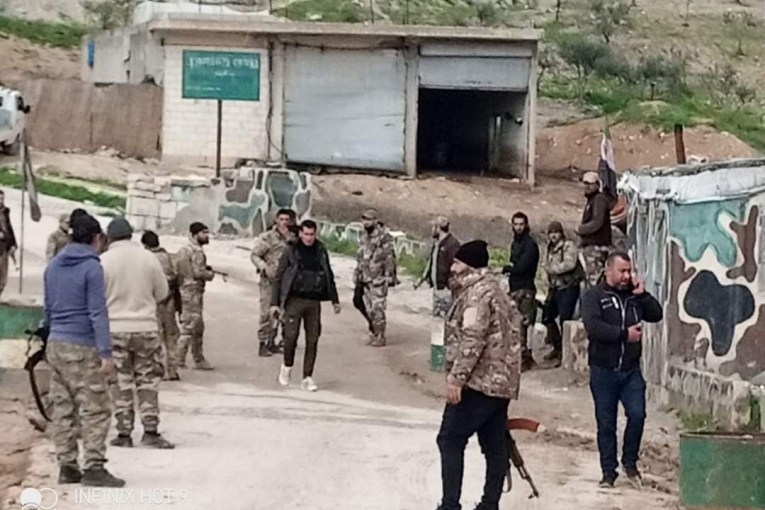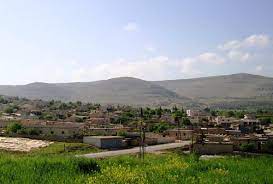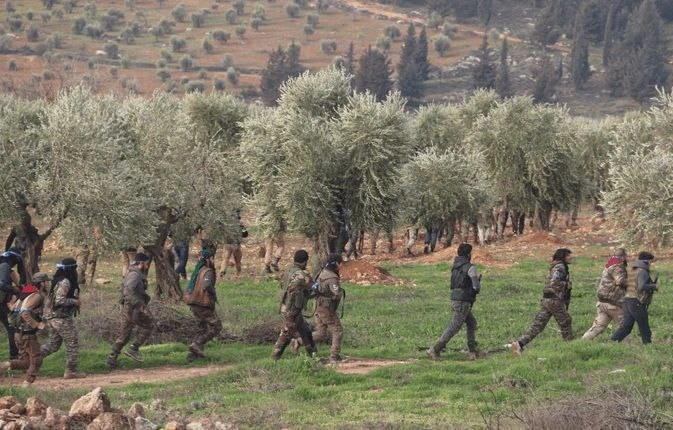
afrinpost – Special
In light of the Turkish occupation and the Muslim Brotherhood militias of Afrin region, Hizb al-Tahrir al-Islami (Islamic Liberation Party) appeared to organize an event for the people of Daraa to support the people and “support the revolution,” which raises a number of questions about the reasons for its existence and when its supporters arrived in occupied Afrin.
Observers describe it as an Islamic party with extreme ideas, as it does not recognize the national state or borders, and they call it the “Walls Party” in Aleppo and the North, because its most prominent activities are painting walls, writing slogans, expressions of atonement of democracy and calling for the Islamic caliphate. As for the most dangerous name, it is “white ISIS” because of the extreme theoretical extremism and its atonement of its opponents, and despite its abstaining from armed action, it calls for opening fronts. After Aleppo and Idlib, they suddenly appeared in the city of Afrin in an event calling for a revolution that lost its temporal and spatial authority.
Supporters of the “Islamic Liberation Party” organized in the occupied city of Afrin on 5/2/2021 an event entitled “The revolution is an idea, and the idea does not die,” during which Islamic slogans were raised and called for the establishment of the caliphate.
“Ummah Forum”, a website supervised by the media office of Hizb al-Tahrir – the Province of Syria, stated that the party’s supporters organized a protest in the city of Afrin, under the slogan “The revolution is an idea, and the idea does not die.” And they condemned the plot of the major powers against the revolution, as part of a campaign whose slogan is “No to the crime of a political solution.”
Hizb al-Tahrir is an Islamic political grouping that calls for the establishment of the Islamic Caliphate and the unification of Muslims under the umbrella of the Caliphate. This political bloc organizes itself as a political party that is active in the political and media spheres and in the field of Islamic advocacy. Based on the party’s publications, it adopts political and intellectual work as a way of its work, and avoids what it calls “material actions” such as armed actions to achieve its goal.
What happened in Afrin after the occupation is the change of the culture of religious tolerance and pluralism, and the forced displacement of its people and the encouragement of settlement has become a focus of extremism and militancy, which serves the Turkish occupation’s plan to change the identity of Afrin region and its demographic composition. No party can organize and collect its activities without the knowledge of the Turkish occupation authorities.






